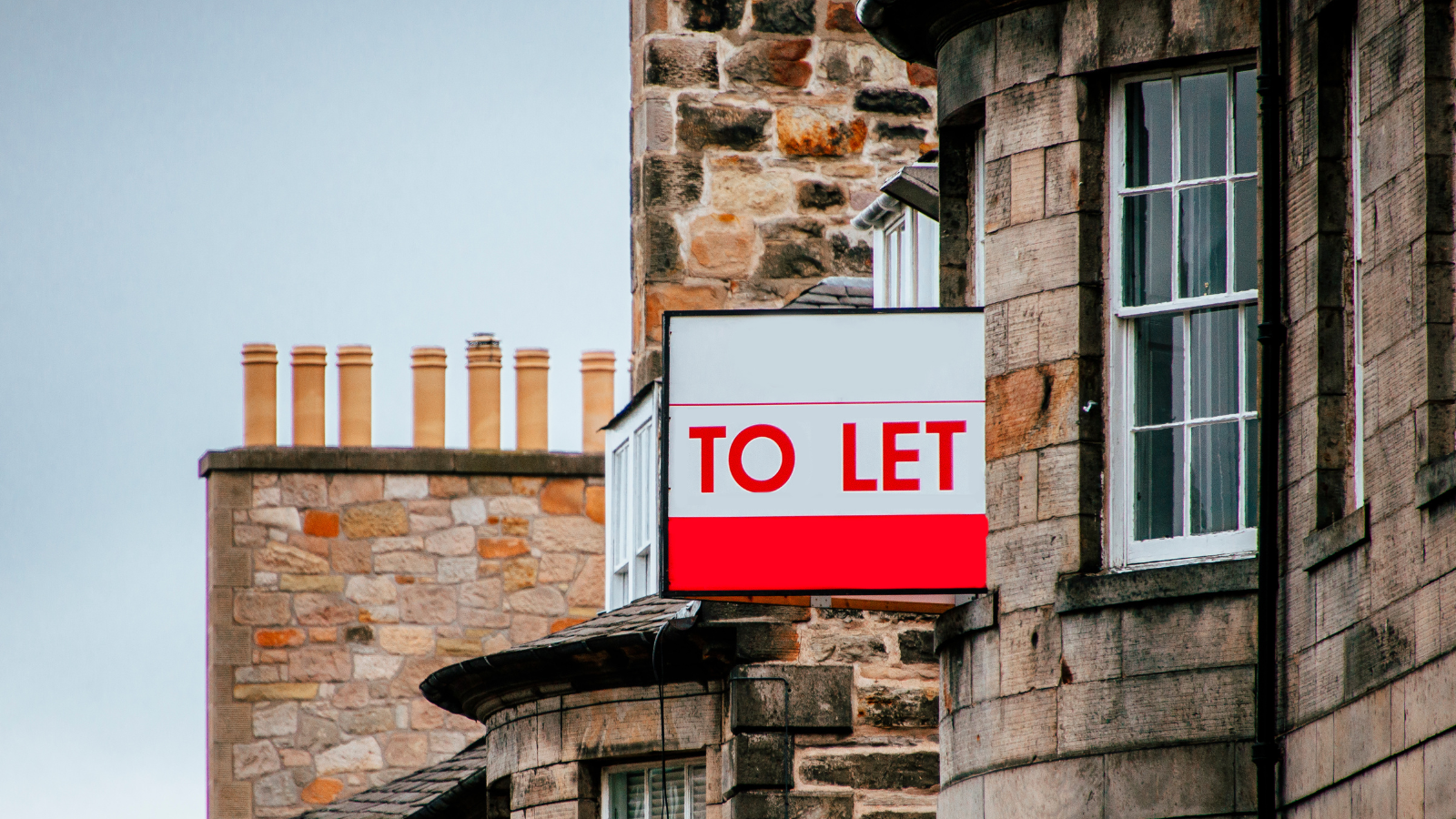- People
- Expertise
Our expertise
We are a team of more than 500 professionals, with the depth of experience which makes us genuine experts in our fields. Together, gunnercooke’s people have strength across just about every corporate discipline and sector. We provide legal, commercial and strategic advice that delivers real value to the clients we work with, which span from multinational enterprises through to unicorns and non-for-profit organisations. Our breadth of expertise covers some of the most interesting and important emerging disciplines, from ESG and charity law, to blockchain and competition.
Search by practice areaDispute ResolutionDispute Resolution OverviewMeet the Dispute Resolution TeamIntellectual Property DisputesFinancial Services & FinTech OverviewProceeds of CrimeEmployment TribunalTax InvestigationProperty Dispute ResolutionInsolvency DisputesMediationCivil Fraud & Asset TracingHealth & SafetyBusiness Crime & InvestigationsLitigation & ArbitrationInternational Arbitration - International
International Offices
The gunnercooke group has 15 main global offices across England, Scotland, the US, Germany and Austria, with further plans for growth in the coming years. These offices enhance the existing in-house capability of our dedicated international teams and dual-qualified experts that cover Spain, France, Italy, Portugal, Brazil, China, India, Poland and Hungary. Our team have clients across 123 jurisdictions, speak 46 languages and are dual-qualified in 21 jurisdictions. Our expertise means we can offer large teams to carry out complex cross-border matters for major international clients.
- Our story
Our story
gunnercooke is the fastest growing corporate law firm in the UK, now making its mark globally. We comprise a rapidly growing number of experts spanning legal and other disciplines. Clients benefit from flexible options on fees to suit their needs, access to a wider network of senior experts throughout the relationship, and legal advice which is complemented by an understanding of the commercial aspects of running a business.
- Reading Room
- News & Insights

Building Safety (Leaseholder Protections) (England) Regulations 2022 (the Regulations), setting out the details of the practical actions leaseholders and landlords will be obliged to take under the Building Safety Act 2022 (the BSA 2022).
The Regulations have been designed in support of one of the objectives of the BSA 2022, which was to shift responsibility for the payment of remediation costs from leaseholders to developers and landlords. In so doing, however, the Regulations imposed a significant administrative burden on landlords.
A particularly onerous obligation is for Landlord’s Certificates to be provided in the form set out in the schedule to the Regulations.
Sections 117-125 and Schedule 8 of the BSA 2022 set out how the remediation of defects in higher-rise buildings will be paid for, and how the liability will be balanced between leaseholders and landlords.
Schedule 8 sets out the limited circumstances in which remediation costs can be passed on the tenants, and the extent to which landlords are expected to make contributions. The amount each party contributes depends partly on their responsibility for the defects and partly on the net worth of what is referred to as the Landlord Group (i.e., the wider corporate structure within which the landlord company sits).
The Regulations prescribe the form (Landlord Certificate – https://www.legislation.gov.uk/uksi/2022/859/schedule/made) and circumstances in which landlords must provide information to tenants to enable them to assess whether they will be required to contribute towards the costs of remedial works through the service charge.
Landlord’s certificates must be provided:
(a) when the current landlord makes a demand to a leaseholder for the payment of a ‘remediation service charge’, (i.e any service charge that includes costs for the remediation of defects causing a building safety risk);
(b) within four weeks of receipt of notification from the leaseholder that the leasehold interest is to be sold;
(c) within four weeks of becoming aware (either themselves or by notification from another person) of a relevant defect not covered by a previous landlord’s certificate; or
(d) within four weeks of being requested to do so by the leaseholder.
The certificates themselves are set out in a prescribed form annexed to the Regulations and require a wealth of financial detail and details of works carried out. They must also be accompanied by:
- details of the corporate structure of any group of which the landlord is part: this includes the names of any group companies; the beneficial owner of each company; the names of each company’s directors; the names of any persons with significant control and details with regard to any trusts that are part of the corporate structure.
- financial details for the corporate group: the landlord’s company accounts as well as, where relevant, accounts for each company in the landlord group, with the net worth certified by a chartered accountant or the finance director of the landlord’s company;
- evidence and details as regards works carried out: full details of any persons or joint ventures undertaking works and evidence of the relevant details of the work carried out as well as costs.
Similar evidence will need to be provided for superior landlords and/or any previous landlord who was the landlord on 14 February 2022. Such landlords are obliged to provide this when requested to do so by a current landlord.
Certificates will need to be provided before a landlord can make any demand for a service charge contribution from tenants. In those cases the certificates are likely to need to be served on every tenant in the building.
Landlords will also have to provide a certificate whenever a tenancy is sold, or whenever a leaseholder requests one, which may mean time consuming updating of the certificate. How much can be charged for that administrative work will depend on the provisions of the individual lease.
If a landlord certificate is not provided in the form set out in the Regulations, it is assumed that the landlord was responsible for any relevant defects and no service charge is payable. It is, therefore, crucial that landlords who wish to demand a service charge for building safety remedial works comply with the Regulations and provide a Landlord’s Certificate within the required timescales.
On 9 February 2023 the Government brought into force the Building Safety (Leaseholder Protections) (England) (Amendment) Regulations 2023. These regulations modify the definition of Landlord Group in the Regulation and clarify what appears to have been a mistake in the original Regulations, which as they stood excluded from the definition of Landlord Group not only companies associated by reason of a common director, but also companies associated by reason of one having control over the other or both being controlled by a third entity. The Regulations as amended retain the exclusion for companies merely associated by reason of having a common director. However, it is now clear that the Landlord Group will include parent and sister companies. This significantly increases the burden on landlords in terms of the requirement to provide information on the wider corporate group of which they are a part.
You can contact Claire-Elaine here.
To receive all the latest insights from gunnercooke to your inbox, sign up below






